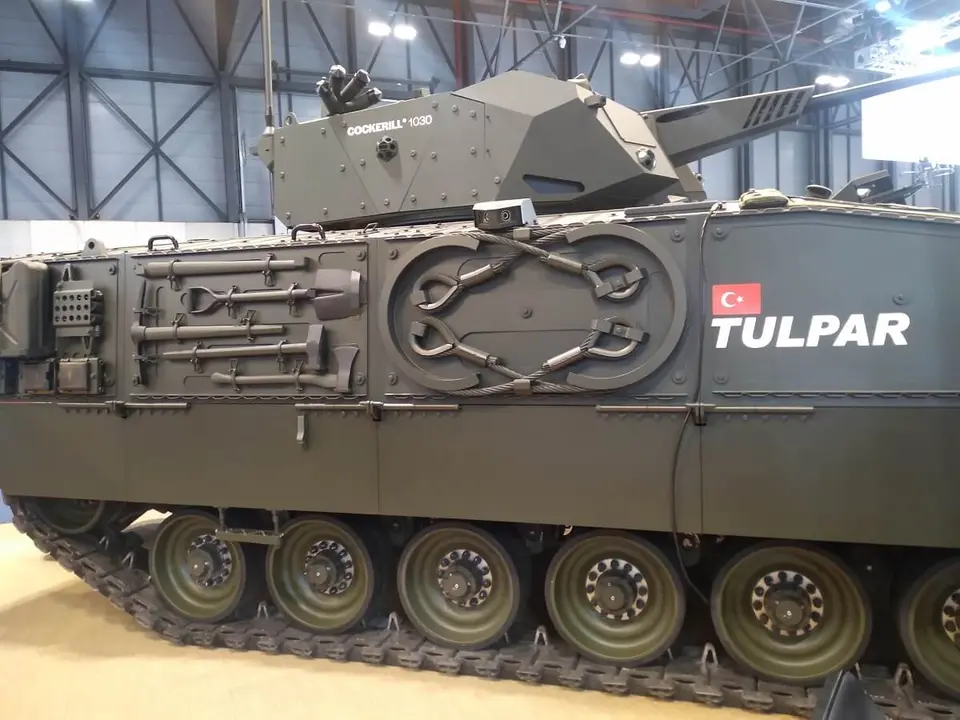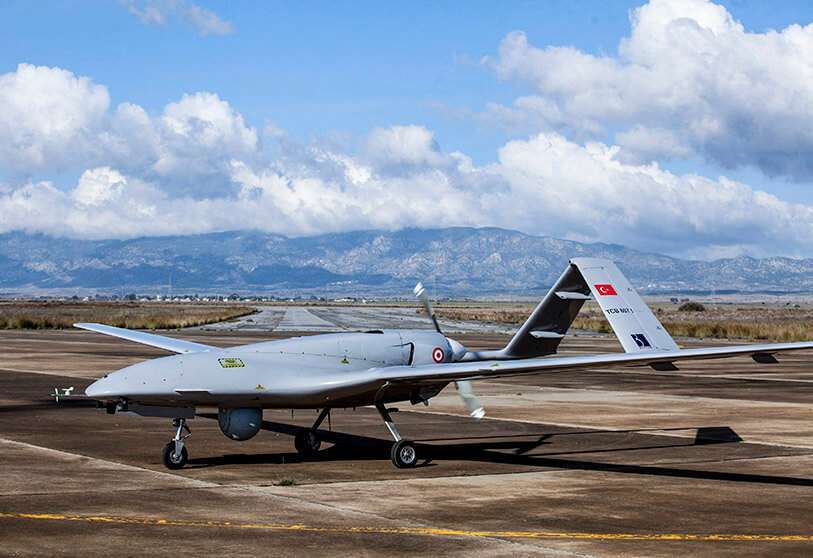Turkey strengthens its influence and presence in the Sahel region

Turkey has become a rising power and has been reshaping regional power in Africa since 2022. It has done so by taking advantage of the vacuums left by former Western allies and the decline in support for Burkina Faso, Mali, Chad and Niger, as well as through the export of military equipment and technology, defence agreements and infrastructure projects that increase its operational capacity in the region. As a result, the Eurasian country is challenging the presence of European powers and the progressive advance of Russia and China on the continent, seeking to establish itself as an important player on the international stage by taking advantage of its favourable position in the region.
This rapprochement has included multiple shipments of Turkish defence equipment, high-level diplomatic exchanges and activities by private Turkish security companies. Thus, Turkey's intensified involvement can be seen in the strengthening of activities between the Ottoman country and the countries belonging to the Sahel. Specifically, trade between Turkey and Mali has risen by 32% in two decades, from 5 million dollars in 2003 to 165 million dollars in 2022. In addition, Turkish companies have excelled in infrastructure projects, such as the construction of an airport and a five-star hotel in Niger.

Jordanna Yochai, a West Africa security analyst, stated in a report published by the Atlantic Council that the foundations for strengthened defence cooperation have been laid and that this began in 2018 when Turkey's commitment became visible with its 5 million dollar investment in the G5 force.
Following coups in Burkina Faso, Mali, Niger and Chad, the United States proceeded to halt its defence assistance and began to restrict access to key equipment. This led to a deterioration in regional security and highlighted Ankara's appeal as a new strategic partner, where defence cooperation and military equipment sales are the cornerstone of the ties forged, replacing the former French dominance.
Specifically, the sale of Bayraktar TB2 drones to Burkina Faso, Mali and Niger, and subsequently to the rest of the continent, competes with Russian weapons. As a result, confidence in Turkish equipment has been established, with Burkina Faso and Chad acquiring armoured vehicles in 2022, Niger purchasing aircraft in 2022, followed by Chad in 2023, Chad acquired Anka-S drones in 2024, Mali expanded its Bayraktar TB2 fleet in 2024, and Burkina Faso and Mali purchased Akinci drones, thereby upgrading the countries' arsenals. This military support has enabled the countries to strengthen the gaps in their security systems and expand their capabilities in controlling their territory and conflict areas.

On the other hand, defence cooperation goes beyond the sale of equipment and is speculated to also include military training and education in security operations. Agence France-Presse highlighted that Sadat, a private Turkish security company, is expanding across the Sahel to defend Turkish interests. This is according to Africa Command magazine, affiliated with the Africa Command, which mentions the advice of Turkish officials in the defence of key areas such as the mines in Niger; the magazine John Africa, which reports on the training of units that support regimes and prevent coups, and the magazine Military Africa, which announced that Chad has handed over control of a military base to Turkey, which, if confirmed, could be the first Turkish base in the Sahel. However, despite what is assumed, there are still no reports indicating an official military presence by the Eurasian country.
In the face of threats and the fight against terrorism, cooperation with Turkey is essential and critical. Similarly, Erdogan continues his ambitious strategy and projection in disputed Africa, and what began as a developed soft power based on humanitarian aid, education and religious affairs could shape a shift in West African geopolitics and consolidate Turkey's role in the security and economy of the Sahel, especially as leaders in the region see the nation as the new route to stability.








